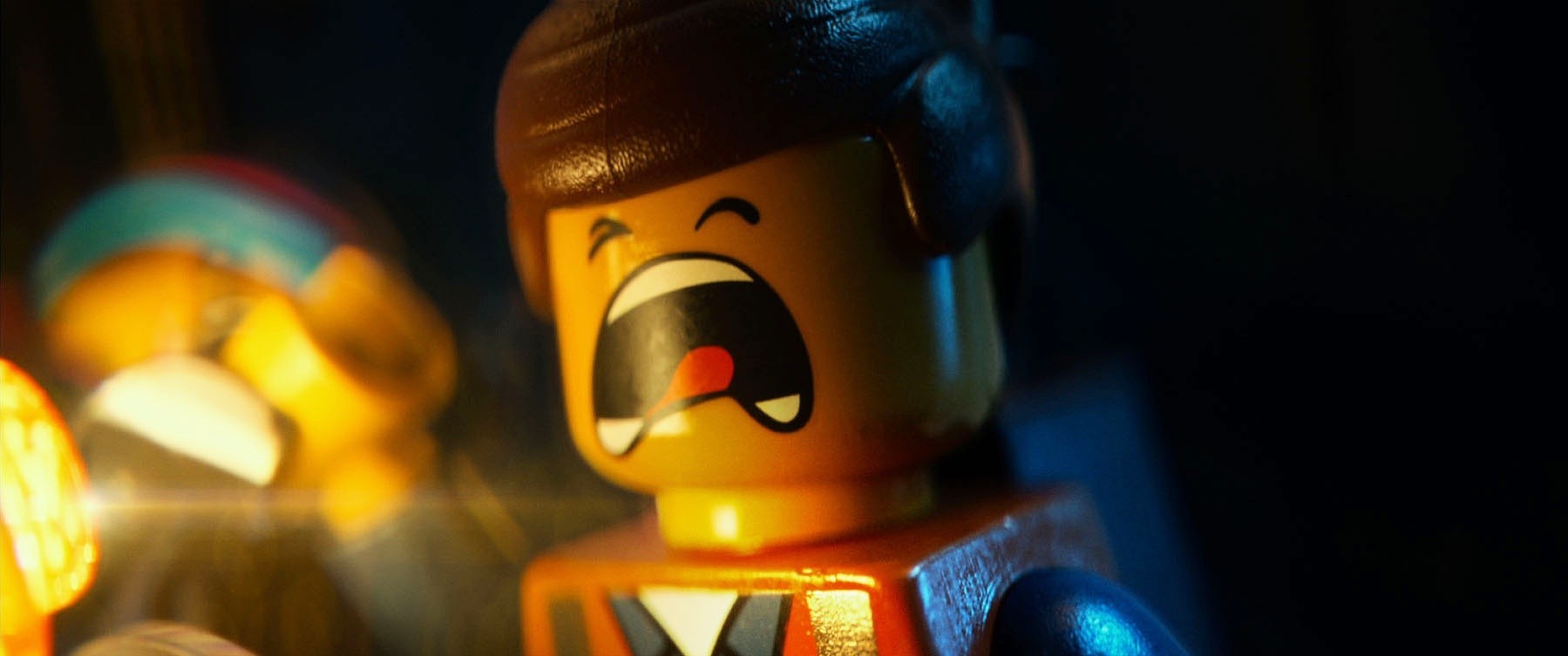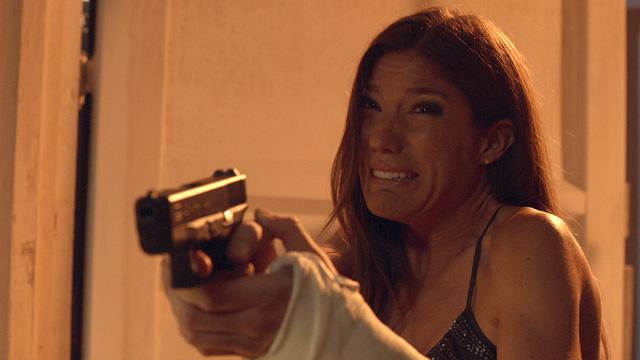Meek’s Cutoff
Directed by Kelly Reichardt
Yet again, director Kelly Reichardt and screenwriter Jon Raymond collaborate to raise modern-day contemporaneous issues, this time in a pre-colonial fashion with Meek’s Cutoff. As 2006’s Old Joy confronts the dissolutions of brotherhood, and 2008’s Wendy and Lucy of a failing economy, Meek’s Cutoff plays akin by making poignant parallels reminiscent of a post 9/11 era – fear of race, misguidance of leadership, and the struggle to survive. As with many of her films, Reinhardt brilliantly connects the audience with the film’s characters, and although set in the past, still feels refreshingly relatable. In doing so, Reinhardt has a gift for creating a surreal experience, injecting the audience into the story with a first hand look of the undertaking in which the characters have to endure. In the case of Meek’s Cutoff, it’s a slow, tumultuous one at that. The film is not shy with long pacing, and Reinhardt’s use of 1.35:1 aspect ratio framing encapsulates a very claustrophobic trip for the audience. From Meek’s opening shots of a ragged wagon squeakily limping across aureate terrain, the audience invests in a journey that is as painfully agonizing for them as it is for our uncertain settlers. One can only hope, whether for the good or bad, that the payoff makes the journey worth while. Sadly for Reichardt, and especially for the audience, the end justifies the whole, leaving a bad taste in the audience’s mouths and ache in their hearts.
Meek’s Cutoff tells the story of three families traveling up the uncharted Cascade Mountains of the Oregon Trail in 1845, headed by the questionably experienced Stephen Meek (Bruce Greenwood ). Claiming to know a short cut, Meek takes the group over the arid desert, only to find themselves lost and scarce on food and water. When a Native American (Rod Rondeaux) crosses their path, the emigrants are divided between their trust in an unreliable guide and a man who has always been seen as an enemy.
 Alongside the barren beauty crassly captured by cinematographer Chris Blauvelt, is the scenery’s conjunction between silence and noise. Silence is the films truest dialogue. With confusion and mistrust lingering in the heads of our stumbling vagrants, silence comes across stronger than any words. Instead flowing rivers, creaking wheels, and whistling winds serenade the screen of a forward direction the settlers ought to take. Without using any special effects or widescreen angles magnifying a glorious Wild West landscape, performances (in particular that of Michelle Williams and Bruce Greenwood) are the glue that holds this movie together. Michelle Williams (playing the wife of Will Patton) exudes a level of tension needed to make this film a creation of plot as it is a creation of art. Bruce Greenwood not only gives a unique frill in this performance, but one of his whole career.
Alongside the barren beauty crassly captured by cinematographer Chris Blauvelt, is the scenery’s conjunction between silence and noise. Silence is the films truest dialogue. With confusion and mistrust lingering in the heads of our stumbling vagrants, silence comes across stronger than any words. Instead flowing rivers, creaking wheels, and whistling winds serenade the screen of a forward direction the settlers ought to take. Without using any special effects or widescreen angles magnifying a glorious Wild West landscape, performances (in particular that of Michelle Williams and Bruce Greenwood) are the glue that holds this movie together. Michelle Williams (playing the wife of Will Patton) exudes a level of tension needed to make this film a creation of plot as it is a creation of art. Bruce Greenwood not only gives a unique frill in this performance, but one of his whole career.
 Although masterful in its art and creative limitations, the film direly falls apart at the end – making it somewhat of a pointless watch as a whole. Simply to say, the payoff does not pay. In fact, the ending lowers its creative merit by making rather clumsy script choices all too quickly. For a film that takes pride in breathing, it finds itself franticly breathless as the end credits absolve. Instead of signs of satisfaction, we are left with dialogue that mimics visuals, characters that wrap up the film brashly, and an ending that conjures up mind-plaguing questions such as – “Why did I go on this agonizing journey?” Why did I waste all that time watching this?” and “Was this worth the wait?” In the end, you’ll find yourself saying “No it wasn’t.” This film should not be denounced because it is slow or because it has a somber ending, but rather should be applauded. In an age where films are accredited by the amount of explosions it has or how fast it is being edited, films that are slow burners like this are quite refreshing and epic in their own way. Unfortunately, the feeling doesn’t last. Sure this film is beautiful , defining art in art film, but seen for its story will only leave you with feelings of disappointment.
Although masterful in its art and creative limitations, the film direly falls apart at the end – making it somewhat of a pointless watch as a whole. Simply to say, the payoff does not pay. In fact, the ending lowers its creative merit by making rather clumsy script choices all too quickly. For a film that takes pride in breathing, it finds itself franticly breathless as the end credits absolve. Instead of signs of satisfaction, we are left with dialogue that mimics visuals, characters that wrap up the film brashly, and an ending that conjures up mind-plaguing questions such as – “Why did I go on this agonizing journey?” Why did I waste all that time watching this?” and “Was this worth the wait?” In the end, you’ll find yourself saying “No it wasn’t.” This film should not be denounced because it is slow or because it has a somber ending, but rather should be applauded. In an age where films are accredited by the amount of explosions it has or how fast it is being edited, films that are slow burners like this are quite refreshing and epic in their own way. Unfortunately, the feeling doesn’t last. Sure this film is beautiful , defining art in art film, but seen for its story will only leave you with feelings of disappointment.
-Christopher Clemente





